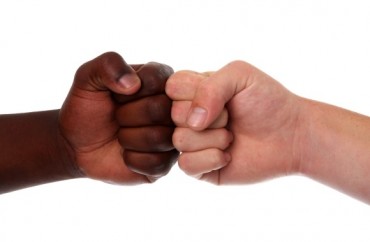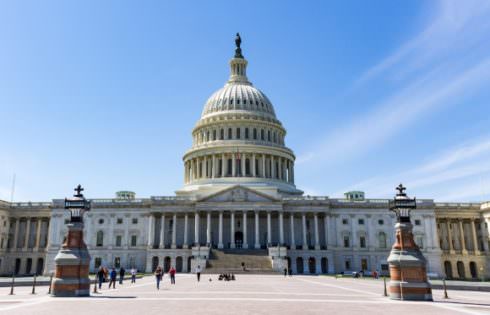
Law school professor warns that it could backfire
Numerous law school deans recently wrote to the American Bar Association urging the organization to require bias training for all of its law schools.
Over 150 law school deans sent a letter on July 30 to the ABA Section of Legal Education and Admissions to the Bar, which oversees the licensing and education of attorneys, urging it to expand the required minimum educational requirements.
They argue that it is essential that attorneys understand racial and cultural issues.
The letter stated:
Preparing law students to be lawyers requires that they should be educated with respect to bias, cultural awareness, and anti-racism. Such skills are essential parts of professional competence, legal practice, and being a lawyer. We believe that every law school should develop such training and education for its students.
The American Bar Association mandates the minimum requirements that every law school must meet, though often it is left to individual law schools to decide how to implement these obligations. We believe that the ABA should require, or at least consider requiring, that every law school provide training and education around bias, cultural competence, and anti-racism. That said, we do not believe that the specific content of such training and education should be mandated by the American Bar Association; instead, we believe such work should be left to each law school to decide for its students…We are in a unique moment in our history to confront racism that is deeply embedded in our institutions, including in the legal profession, and we hope that the Council will take this important first step.
Josh Blackman, a law professor at the South Texas College of Law Houston and an adjunct scholar at the Cato Institute, raised concerns about the letter’s demands.
Writing in Reason, Blackman warned that the proposed requirement could lead schools to require faculty and students to take Harvard University’s Implicit Bias Test, which is already promoted by the American Bar Association.
Blackman warned that what is deemed an acceptable view on racial issues can change rapidly, pointing to the recent controversy over athletes kneeling during the national anthem:
Our society is moving very, very quickly now. A few years ago, it was considered unthinkable for professional athletes to kneel during the national anthem. Now the handful of players who deign to stand have to explain themselves. Norms that were once well-entrenched are being unsettled rapidly. I understand the desire of law schools to take proactive steps to address pressing racial issues. But we should be very, very careful before we impose loyalty pledges and flawed social science testing on faculty and students. These measures are unlikely to succeed in changing hearts and minds, and are far more likely to backfire, and impede forward progress.
Read the full article here.
The current requirements for ABA-accreditation currently lists “cultural competency” as a professional skill that law schools may require training in as part of the “professional skills needed for competent and ethical participation as a member of the legal profession” requirement.
MORE: ABA rejects higher standards for law schools, says it would hurt minorities
IMAGE: RacialTension/ Shutterstock
Like The College Fix on Facebook / Follow us on Twitter






Please join the conversation about our stories on Facebook, Twitter, Instagram, Reddit, MeWe, Rumble, Gab, Minds and Gettr.